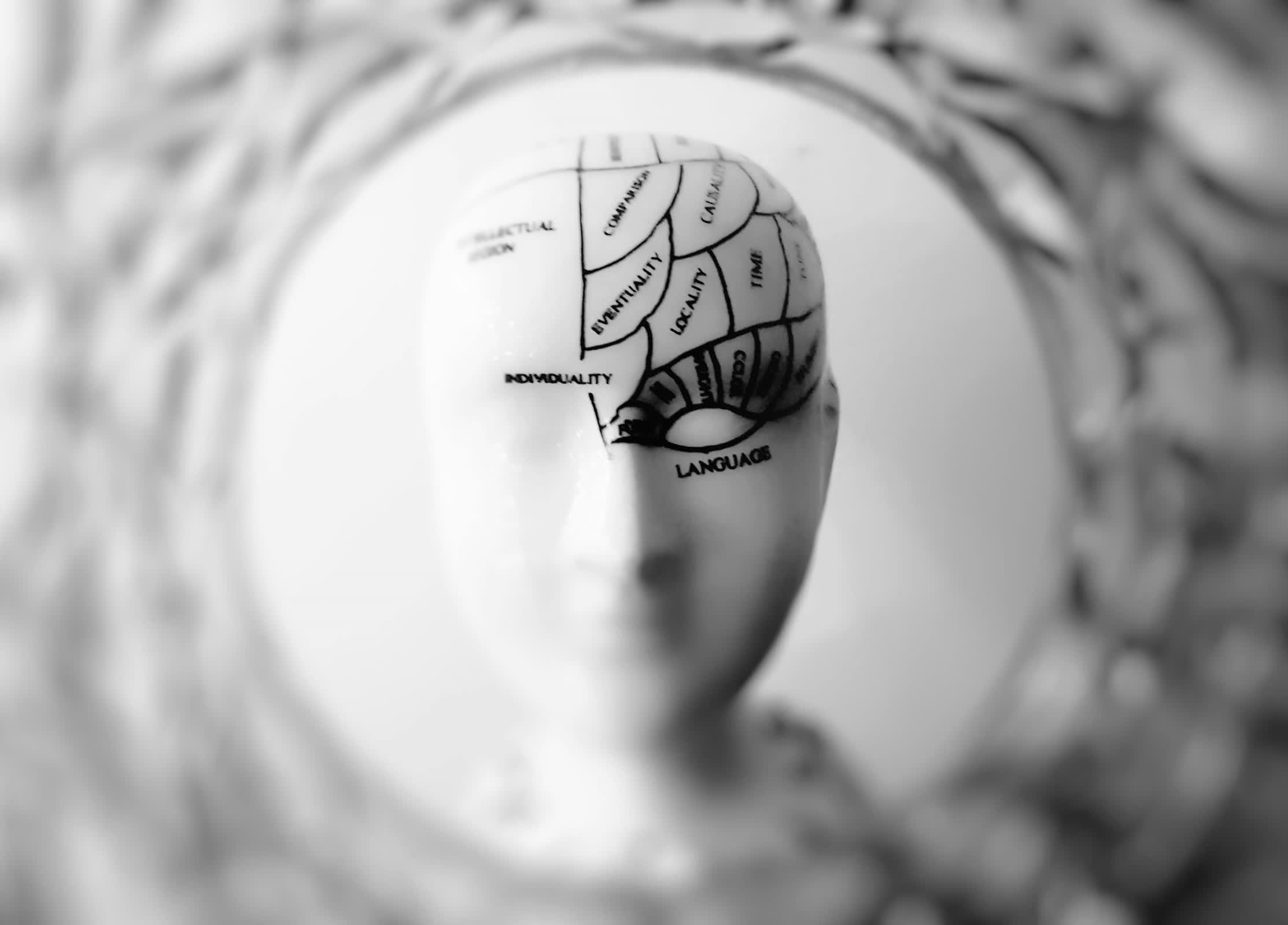What just happened? Scientists have discovered that our brains process thoughts much more slowly than previously believed. This surprising finding has its roots in our evolutionary history and sheds more light on why our minds work the way they do.

Researchers at the California Institute of Technology have unveiled a startling revelation about the human mind: our thoughts move at a mere 10 bits per second, a rate that pales in comparison to the staggering billion bits per second at which our sensory systems gather environmental data. This discovery, published in the journal Neuron, is challenging long-held assumptions about human cognition.
The research, conducted in the laboratory of Markus Meister, the Anne P. and Benjamin F. Biaggini Professor of Biological Sciences at Caltech, and spearheaded by graduate student Jieyu Zheng, applied information theory techniques on an extensive collection of scientific literature. By analyzing human behaviors such as reading, writing, video gaming, and Rubik's Cube solving, the team calculated the 10 bits per second figure – a rate that Meister describes as "extremely low."
To put this in perspective, a typical Wi-Fi connection processes about 50 million bits per second, making our thought processes seem glacial by comparison. This stark contrast raises a paradox that Meister and his team are eager to explore further: "What is the brain doing to filter all of this information?"
The human brain contains over 85 billion neurons, with one-third dedicated to high-level thinking in the cortex. Individual neurons are capable of transmitting more than 10 bits per second, yet our overall thought process operates at a much slower rate. This discrepancy presents another conundrum for neuroscientists to unravel.

Furthermore, the study highlights a peculiar constraint of human cognition: our ability to process only one thought at a time, rather than multiple thoughts in parallel like our sensory systems. This sequential nature of thought is exemplified in activities such as chess, where players can only envision one possible sequence of moves at a time.
Zheng and Meister propose that this limitation may be rooted in our evolutionary history. They suggest that the earliest creatures with nervous systems primarily used their brains for navigation – moving towards food and away from predators. If our complex brains evolved from these simple systems, it would explain our tendency to follow only one "path" of thought at a time.
"Human thinking can be seen as a form of navigation through a space of abstract concepts," the researchers write.
This new quantification of human thought speed has far-reaching implications, potentially debunking some futuristic scenarios proposed by tech visionaries. For instance, the idea of creating direct interfaces between human brains and computers to accelerate communication may be less promising than previously thought, as our brains would likely still communicate at the same 10 bits per second rate.
The study also suggests that our cognitive speed is well-suited to our environment. "Our ancestors have chosen an ecological niche where the world is slow enough to make survival possible," Zheng and Meister note. "In fact, the 10 bits per second are needed only in worst-case situations, and most of the time our environment changes at a much more leisurely pace."
Human thought crawls at 10 bits per second, Caltech study finds